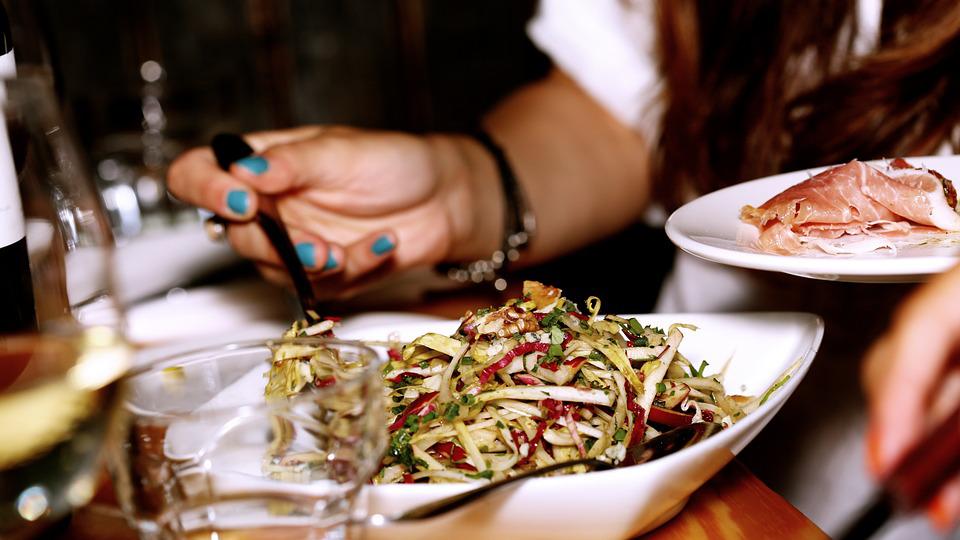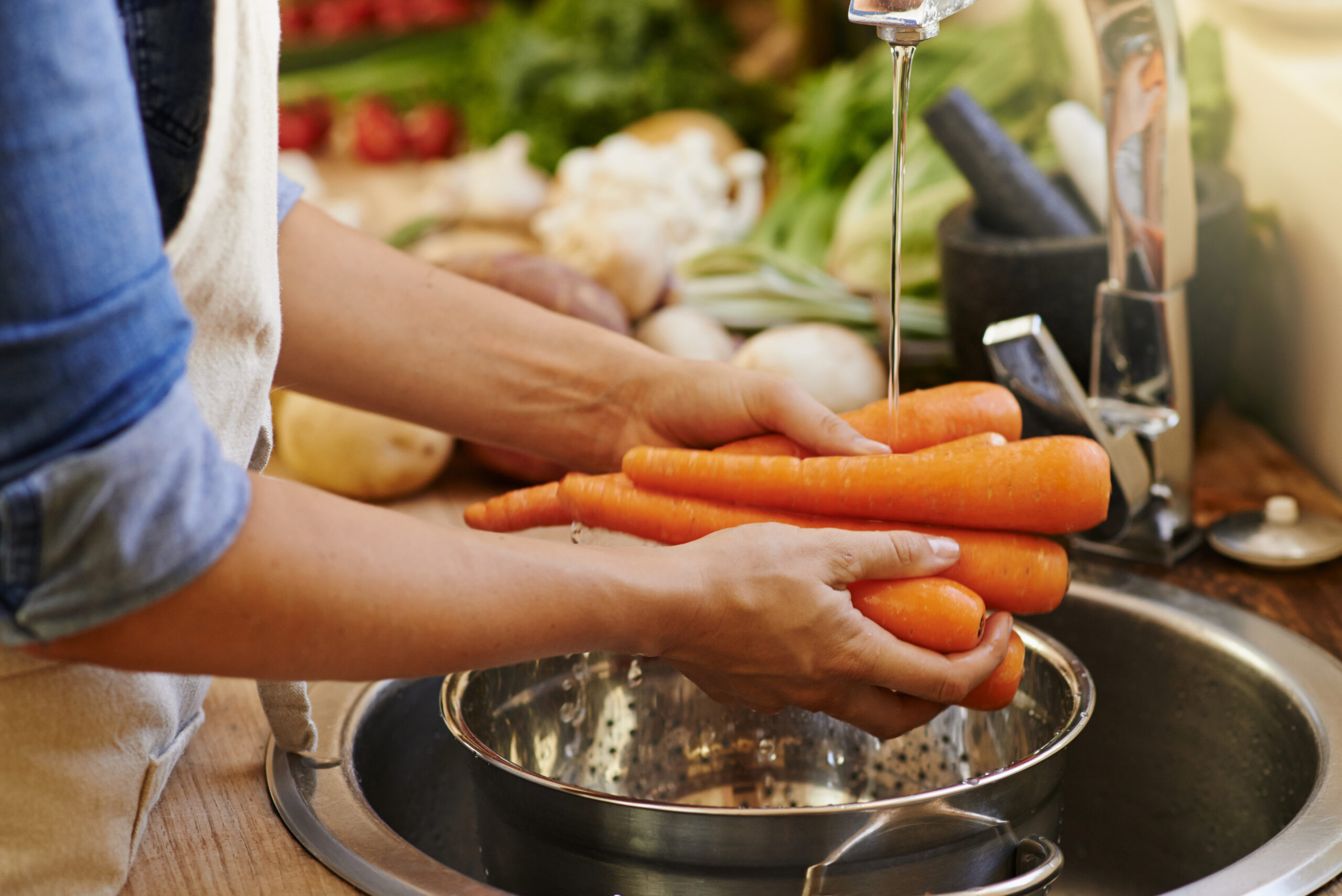Safe food implies food that will not harm the consumer when it is prepared and consumed in accordance with the food’s purpose.
The quality of food can be defined in different ways. Food quality, in a broader sense, with a population of regulations governing this matter, includes hygienic attributes and quality. The practice of food safety is done thoroughly in Singapore through systemic collaboration and joint responsibility between every party.
Having constant access to hygienic and high-quality food should not be taken for granted. Food safety is the result of joint efforts by the Singapore government, the industry and consumers to ensure that food is safe to eat and is not contaminated with harmful substances or microorganisms.
The government, the food industry, and consumers are all responsible for the ultimate hygiene and quality of food. Let’s talk about how these three parties play their respective roles in maintaining food safety, specifically in Singapore.
Role of The Government
The government is responsible for establishing a framework that both enforces and promotes the practice of food safety by the industry and also provides adequate information for customers.
From April 2019, all food-related functions carried out by the Agri-Food & Veterinary Authority of Singapore (AVA), the Health Sciences Authority (HSA), and the National Environment Agency (NEA) will be consolidated under a new statutory board: the Singapore Food Agency (SFA).
Food producers, manufacturers, importers and distributors in Singapore have to maintain high food safety standards by complying with SFA’s stringent requirements. SFA will enhance regulatory oversight over all food-related matters from farm to fork and further strengthen Singapore’s food safety regime.
With a dedicated agency overseeing food safety regulations across the entire chain, Singapore will be able to strengthen the management of food-borne disease outbreaks through tighter coordination of responses to food-related issues and engagement with various stakeholders and the public.
Role of The Food Industry
The food business is a very complex, interdependent and dynamic network. The food industry is an international collective of many different companies that provide most of the food eaten by the human population throughout the globe.
The word food industry encompasses a wide range of commercial activities aimed at the manufacturing, production, processing, distribution, preparation, packaging and marketing of foodstuff.
However, the highlighted role of the food industry in this article is bearing the responsibility for the safety of the food it offers to the public.
This includes scientific and technological advancements, quality control systems, improved farm management systems and the adoption of food safety standards. These practices shall ensure food production safety and ecological quality. By adopting these practices, the food industry can contribute its part in ensuring food security in Singapore, and even worldwide.
Role of The Consumer
Food safety control practically stops at the moment when food is transferred into the consumer shopping trolley. The key reasons for the high incidence of foodborne diseases related to households are linked to consumers’ lack of knowledge and awareness of their own responsibilities.
Consumers are increasingly presented with more information on the environmental impacts of the products they buy. The number of food labels has only increased, informing consumers about the agricultural practices, place of production, and even carbon footprint of products. This increased provision of information to consumers is meant to lead to better choices thanks to conscious and rational decision-making.
On the other hand, when food is prepared and consumed at home, only the consumers have direct control over the safety of the food they prepare for themselves and their families. Consumers need to arm themselves with knowledge of food safety risks and safe food practices.
Consumers also have an important role to play in using their purchasing power to select and influence their food suppliers, as well as promote certain food products to other consumers.
Food Safety Standards in Singapore
In an increasingly unpredictable world—where, for example, a pandemic might disrupt entire supply chains—it has never been more important for Singapore to shore up safe, regular supplies of food. That’s why the role of the Singapore Food Agency (SFA) to ensure and secure a supply of safe food is crucial.
One of SFA’s efforts to ensure food safety in Singapore is by enforcing the new Safety Assurance for Food Establishments (SAFE) framework. This framework takes into account the ongoing performance of food establishments which will be a better representation of the food establishment’s consistent efforts in food safety assurance and can enable consumers to make better-informed choices.
Along with the framework, SFA has also created a training program of four levels known as the Food Safety Courses (FSC). These FSCs are mandatory for food handlers, food hygiene officers, and advanced FHO.
Food establishments can get these courses from available training providers in Singapore. One of them is Skillmaster Training Centre, where you can apply to take the SFA-approved Level 1 and Level 2 food safety courses. These courses have been designed specifically to equip food handlers with the proper knowledge that is in line with the Singapore Food Safety guidelines.




